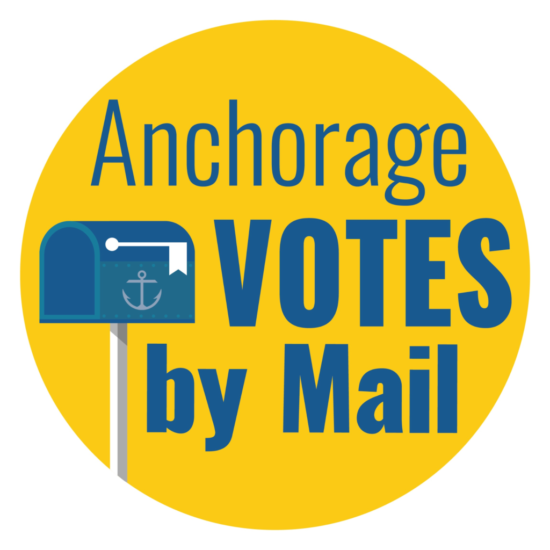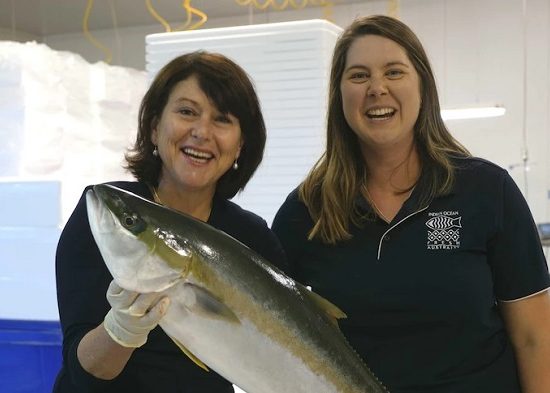
One of the things I enjoy looking for are indicators, small words, actions or other things that point to something larger afoot.
The most recent of these was an ADN article about a small family who has had some 30 vehicles seized by the Muni over the last few years. These three people owe over $12,000 in delinquent traffic tickets. When that total is over $1,000, you are added to the Muni’s scofflaw list, which in turn allows law enforcement to seize your vehicle in payment. These guys’ workaround has been to serially purchase junker vehicles that run (beaters) and drive them until they are seized.
The indicator here is the term ‘scofflaw,’ something we rarely see in the ADN.
Where is it normally used? I first saw it 22 years ago when it was used to describe people who were getting outrageous parking tickets by an aggressive, tax farming Anchorage Parking Authority. Anger at its rapacious ticket writing along with anger at Mark Begich’s and the Assembly’s predatory photo radar scam fueled a ballot initiative that shut down that cute little operation for nearly a decade. People who were targets of this law enforcement for profit (aka tax farming) were described as scofflaws. As an aside, the homeless who are busily turning our public spaces into personal campsites, toilets, and toxic waste dump sites are never called scofflaws, even though they are.
Sadly, this victory lasted less than a decade before Assembly member Dick Traini, who never met a way to use the power of government steal from the general public that he didn’t support, came up with a scheme to seize and tow vehicles driven by anyone getting a DUI. A couple years later in 2007 Janice Shamberg and Alan Tesche expanded this little game to tow vehicles for any unpaid ticket amount over $1,000.
Today, the ADN and many of the commenters are referring to the targets of this as scofflaws, people who ignore the law. The article included a smirking photo of the family being called scofflaws. Great persuasion-fu, that.
The problem is that the Muni is also ignoring the law, using the power to tow vehicles for non-moving violations, as a way make money for the Muni. A devastating letter to the Assembly April 2019 from the Muni Ombudsman describes the expansion of the program into non-moving violations, fix-it tickets, and other paperwork related violations as “… inconsistent with the MOA’s statements regarding the purpose of the Scofflaw ordinance and may be the type of disproportionate government response that the US Supreme Court recently found troubling…”
The article itself has several indicators that this operation is little more than a money grab aimed at the less well-off here in Anchorage.
- The Muni claims that it can’t say how much the program costs or how much it brings in. This is categorically false, as Delinquent Criminal Fines (DCF) were tracked in PeopleSoft. They are today tracked in SAP. All you have to do is run a report. They know precisely what it costs and what it is bringing in. They don’t want to tell the general public.
- The Muni is not required to tell a citizen they have been added to the list. Surprise. Surprise. Surprise. Gotcha.
- A single ticket, if large enough can get you on the list. There are about 20 of these people.
- When your vehicle is impounded, a daily fee is added every day it is held.
- No vehicle is returned until the entire amount is paid.
- The program was sold to get dangerous drivers off the streets. Not unsurprisingly, it has driven some of them to disposable vehicles.
- The program was sold to improve public safety. It has turned into a simple debt collection system. Delinquent Criminal Fines are levied against a variety of non-drivers, but none of their property is ever seized.
- The vehicle owner rather than the driver is targeted, essentially arresting the vehicle rather than the driver. This has led to business owners having their corporate vehicles seized when driven by an employee on the list. The owner then ends up being responsible for the fines of the driver rather than the driver.
The scofflaw list was sold to improve public safety. It quickly turned into a way for the Muni to make money. It is unclear in the article what happens to the vehicles when they have been in impound for a while. I expect somewhere along the line, they are sold, turning law enforcement into a for-profit business.
When the general public gets it in their minds that law enforcement is a for-profit operation, they will reject law enforcement and eventually the rule of law itself. Anyone else remember the physical attacks on the photo radar vehicles here in Anchorage before they were shut down? I do. And it would have only been a matter of time before that violence got aimed at APD.
This was at the heart of what created the toxic atmosphere in Ferguson, MO in 2014. The white city government (all democrats) figured out how to fund an overly large local budget through excessive tickets, code enforcement citations, and court costs levied on the racial minority general public (also all democrats). The black democrats went after the white democrats, claiming racism, when race had absolutely nothing to do with it. The local government was running a tax farming operation aimed at their citizens, blithely turning law enforcement into a for-profit operation.
Solution to all this? Do it the old-fashioned way. Take the perp to court, get a judgement, and set up a payment schedule. Anything else is just as lawless as what you claim to be fighting.
We are pumping out lots and lots of cops for APD. Someone is going to have to pay them, and the Muni claims to be cash strapped. What better way to pay for an unaffordably large local police force than turn to law enforcement for profit not unlike what is done with traffic tickets from time to time?
Given our current path, it is only a matter of time before Ethan or the current Assembly turns APD into tax farmers, expanding the scofflaw program another notch or four, gouging the hide of the general public. I don’t think that is going to work out all that well for any of us. But is already too enticing not to do, for what is sexier than free money, especially when you can call the targets names (scofflaws), gouge them for your fines, fees and future court costs, and best of all have unquestioning media support of the entire enterprise?
Alex Gimarc lives in Anchorage since retiring from the military in 1997. His interests include science and technology, environment, energy, economics, military affairs, fishing and disabilities policies. His weekly column “Interesting Items” is a summary of news stories with substantive Alaska-themed topics. He was a small business owner and Information Technology professional.











